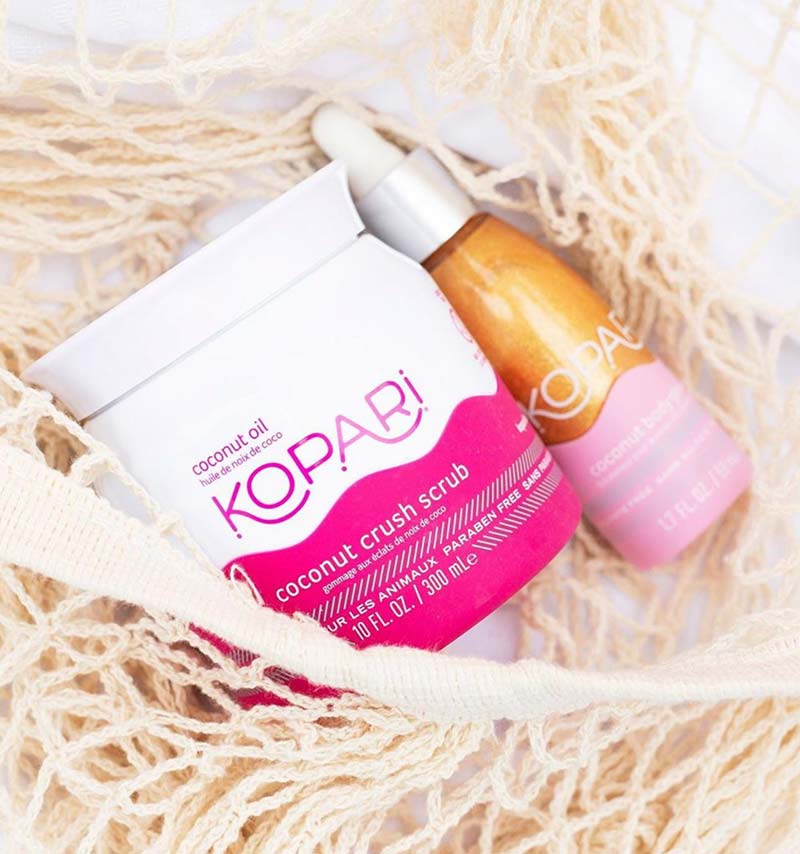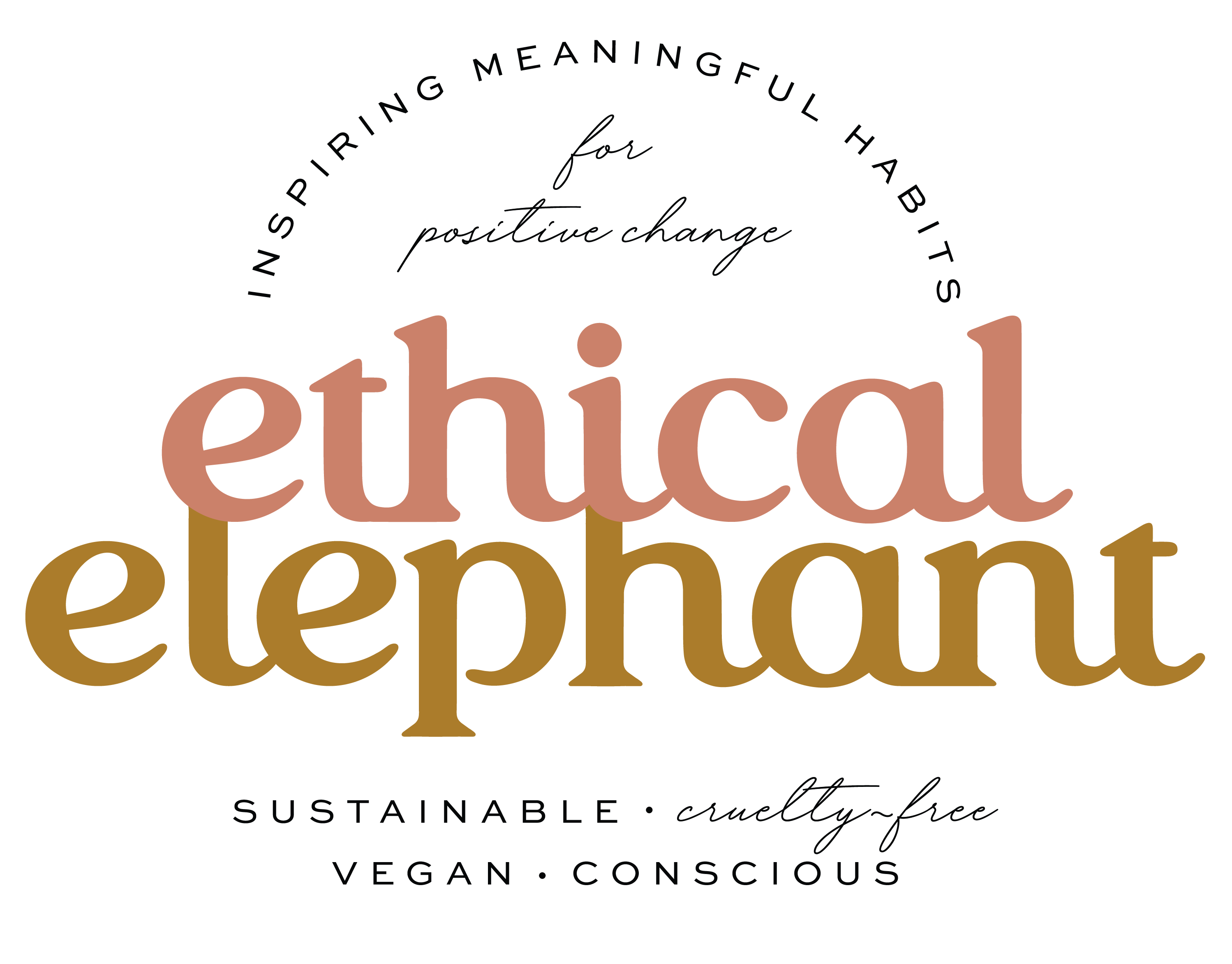This post may contain affiliate links that at no additional cost to you, I may earn a small commission.
Is Kopari Cruelty-Free?
🐰 Kopari is a cruelty-free brand. None of Kopari’s ingredients or products are tested on animals. Kopari has met all the criteria in our Cruelty-Free Checklist and is included in our Cruelty-Free Directory.
Does Kopari Test on Animals?
When asking, does Kopari test on animals? We must look beyond to ensure none of Kopari’s ingredients or suppliers test on animals. And they don’t sell in any country or under conditions that may require animal testing by law.
In our research, we discovered the following:
- ✓ Kopari confirmed they do not test their products or ingredients on animals or ask others to test on their behalf.
- ✓ Kopari confirmed all their ingredient suppliers do not test on animals
- ✓ Kopari confirmed they do not allow or sell their products under conditions where animal testing is required by law
By meeting all of our Cruelty-Free Criteria, Kopari is a truly cruelty-free brand by our standards.
What is Kopari’s Animal Testing Policy?
Below is a screenshot of what’s currently stated on Kopari’s website about its animal testing policy:

What About China’s Animal Testing Laws?
Kopari has confirmed they do not sell their products in retail stores in mainland China; therefore, they are not required to test on animals.
“We also do not sell our products in mainland China or any other countries that require animal testing by law.”
With the current changes to China’s animal testing laws, some cosmetics sold in China can be exempt from animal testing under certain conditions. However, without meeting those conditions, animal testing is still legally required for most cosmetics sold in China in 2023.
Is Kopari Certified Cruelty-Free?
Kopari is certified cruelty-free by Leaping Bunny.
Cruelty-Free Policies 2023
Just because a brand claims it is ‘Cruelty-Free,’ doesn’t always mean that’s the case.
That’s because there is no legal definition for the label ‘Cruelty-Free.’ It can mean different things to different people. But Cruelty-Free is generally used to imply no animal testing. More specifically, the ingredients, formulation, or finished product are not tested on animals at any stage of product development.
At ethical elephant, we always assess a company’s cruelty-free policy using our Cruelty-Free Checklist. This ensures no animal testing was performed by the brand itself, its suppliers, or any third parties.
How We Assess Cruelty-Free Policies
Since starting my blog in 2015, I’ve been emailing companies asking about their animal testing policies and cruelty-free commitments.
And based on the responses I receive from companies, I’ll research to find any supporting facts needed before concluding whether the brand should be classified as “Cruelty-Free,” “Animal-Tested,” or “Grey Area – Unclear Policies.”
☕️ Every week, I continue to reach out to new brands while trying my best to keep current brands updated. If you found any of my posts or guides helpful, consider Buying Me A Coffee! I would greatly appreciate it! ❤️
What about Vegan?
Just because something is called Cruelty-Free, doesn’t always mean it’s Vegan. And vice versa.
Cruelty-Free only refers to no animal testing, while Vegan means formulated without animal products.
Some brands are Cruelty-Free, but not Vegan.
And some are Vegan, but not Cruelty-Free.
Another important distinction to know is, Vegan in cosmetics can refer to an entire brand is 100% Vegan, or a specific product is Vegan.
Is Kopari Vegan?
⭐️ Kopari is a 100% vegan brand. All their products are vegan, and are formulated without any animal-derived ingredients or by-products.
The following is a snippet of the email response I received from Kopari when I asked if all of their products are vegan:
“All our products are vegan and cruelty-free :)”
Where to buy Kopari? Check out Sephora, Ulta, Nordstrom, Target, and on Amazon!
Vegan Policies
Similar to ‘Cruelty-Free,’ there is no standard or legal definition for the label ‘Vegan.’ But Vegan is generally used to mean formulated without animal-derived ingredients or animal by-products.
Some common animal products in cosmetics include carmine, lanolin, snail mucus, beeswax, honey, pearl or silk-derived ingredients, animal-based glycerin, keratin, and squalene.
There are plant-based and synthetic alternatives to animal-derived ingredients. But unless a brand explicitly labels its ingredients or product as Vegan, it’s often difficult to know with certainty whether a product is vegan just by reading the ingredient list.
So it’s best to ask the company and manufacturers to ensure the ingredients they chose were from non-animal sources.
Where are Kopari’s products made?
I asked Kopari where their products are manufactured and they told me:
“All of our products are made with love and care within the USA.”
Ethical Mica Mining Policy
Mica is a mineral that’s used in cosmetics to add a shimmery effect. But the mining of natural mica has been linked to child labor and human rights violations.
Unless the company discloses its mica mining policy, we have no way of knowing whether its mica is ethically sourced without child or forced labor.
So I asked Kopari if their mica is ethically sourced without the use of child labor and they responded by stating,
“I want to share that we ethically source mica from India, where it is mined and processed in the states of Jharkhand and Bihar.
Please note that in order to fight child labor in mica mining in India, our supplier has established direct business relationships with mica processing companies, and introduced control mechanisms that provide a comprehensive overview of the entire supply chain to safeguard the implementation of social standards.”
I hope this article helped you to understand Kopari’s cruelty-free and vegan status and by choosing cruelty-free together, we can help end animal testing for cosmetics once and for all!
If you found this helpful, consider Buying Me a Coffee. So that I can continue to keep this site running and updated.







